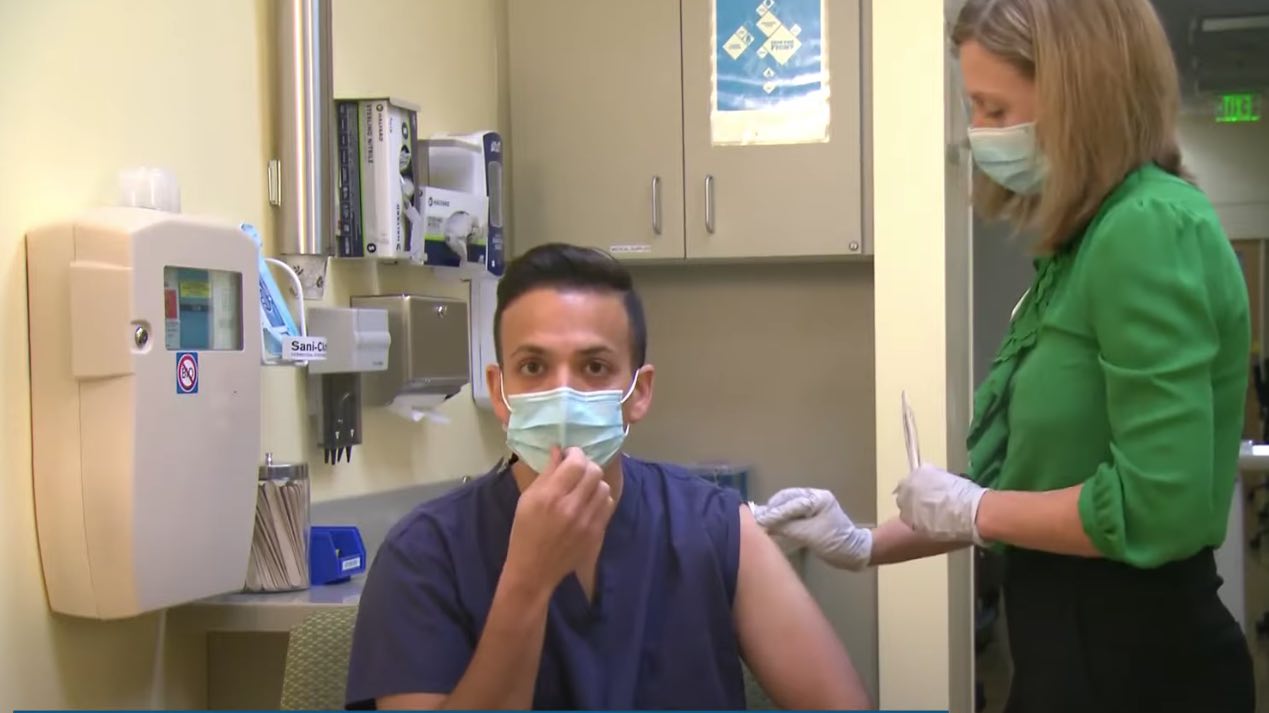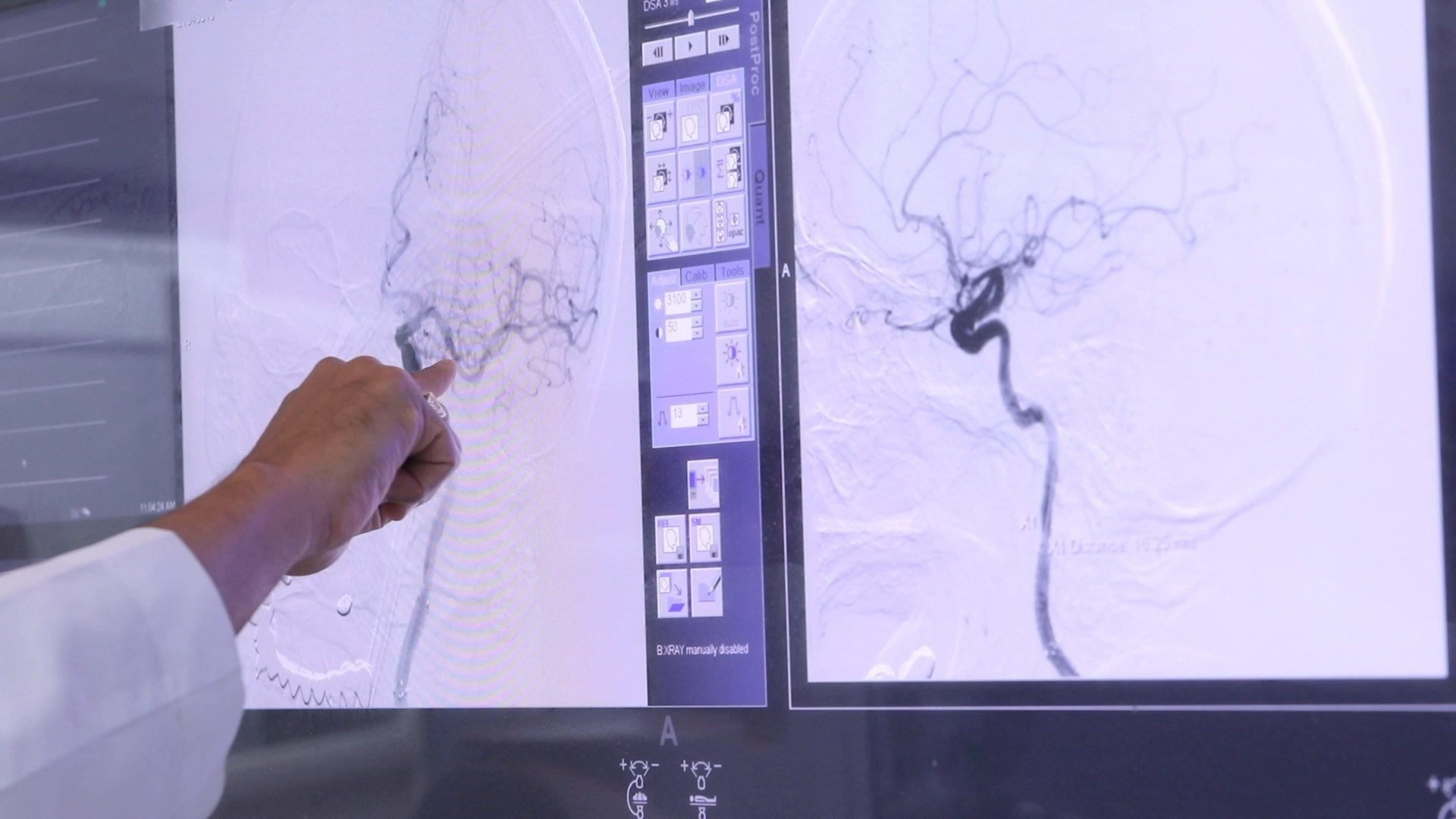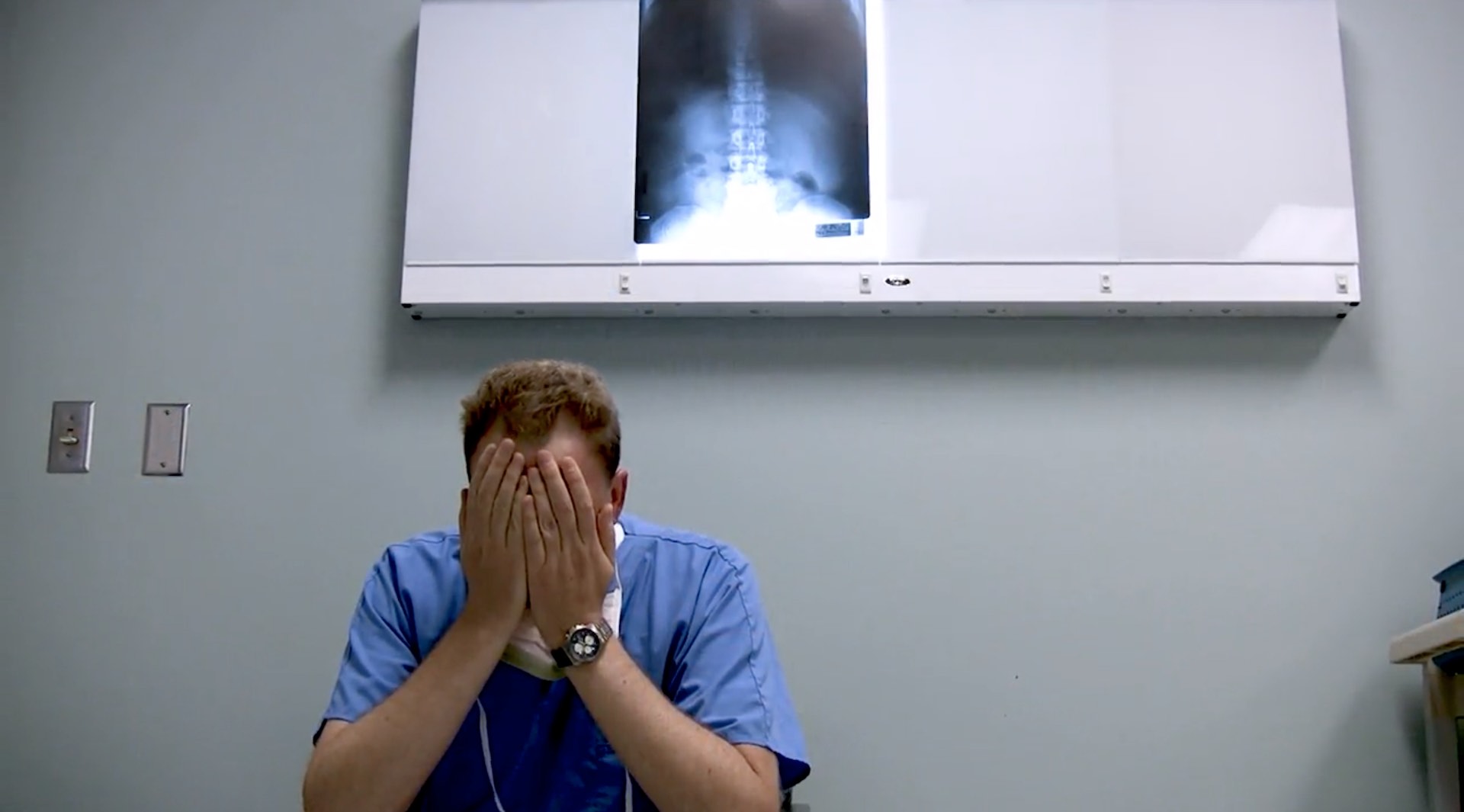Pulmonary embolism prevalent in COPD flare-ups
Reuters Health • The Doctor's Channel Daily Newscast
“A diagnosis of pulmonary embolism should be considered in patients with exacerbation severe enough to warrant hospitalization, especially in those with an intermediate-to-high pretest probability of pulmonary embolism,” Dr. Don D. Sin, from the University of British Columbia, Vancouver, and colleagues advise.
In roughly 30% of COPD flare-ups, the cause is unclear, according to the report in the March issue of Chest. Although COPD patients are known to be at risk for pulmonary embolism, the prevalence of pulmonary embolism during flare-ups was not known.
The current review, which featured 5 studies (550 patients) drawn from 2407 published papers identified through a medical database search, suggests that one in five patients with an acute COPD exacerbation had a pulmonary embolism. The review included studies with a prospective or cross-sectional design that used CT or angiography to make the pulmonary embolism diagnosis.
In COPD patients hospitalized for their flare-up, however, the rate of pulmonary embolism was even higher, about one in four. By contrast, among patients discharged in the ER, the rate was just 3.3%.
No significant differences in presentation signs or symptoms were seen between patients who did and did not have a pulmonary embolism, the report shows.
The authors call for a large-scale, multicenter study to examine this topic, noting that although “systematic reviews and meta-analyses are useful tools to synthesize the existing body of evidence, they cannot substitute for the findings of large, well-conducted clinical trials.
Reference:
Chest 2009;135:786-793.






